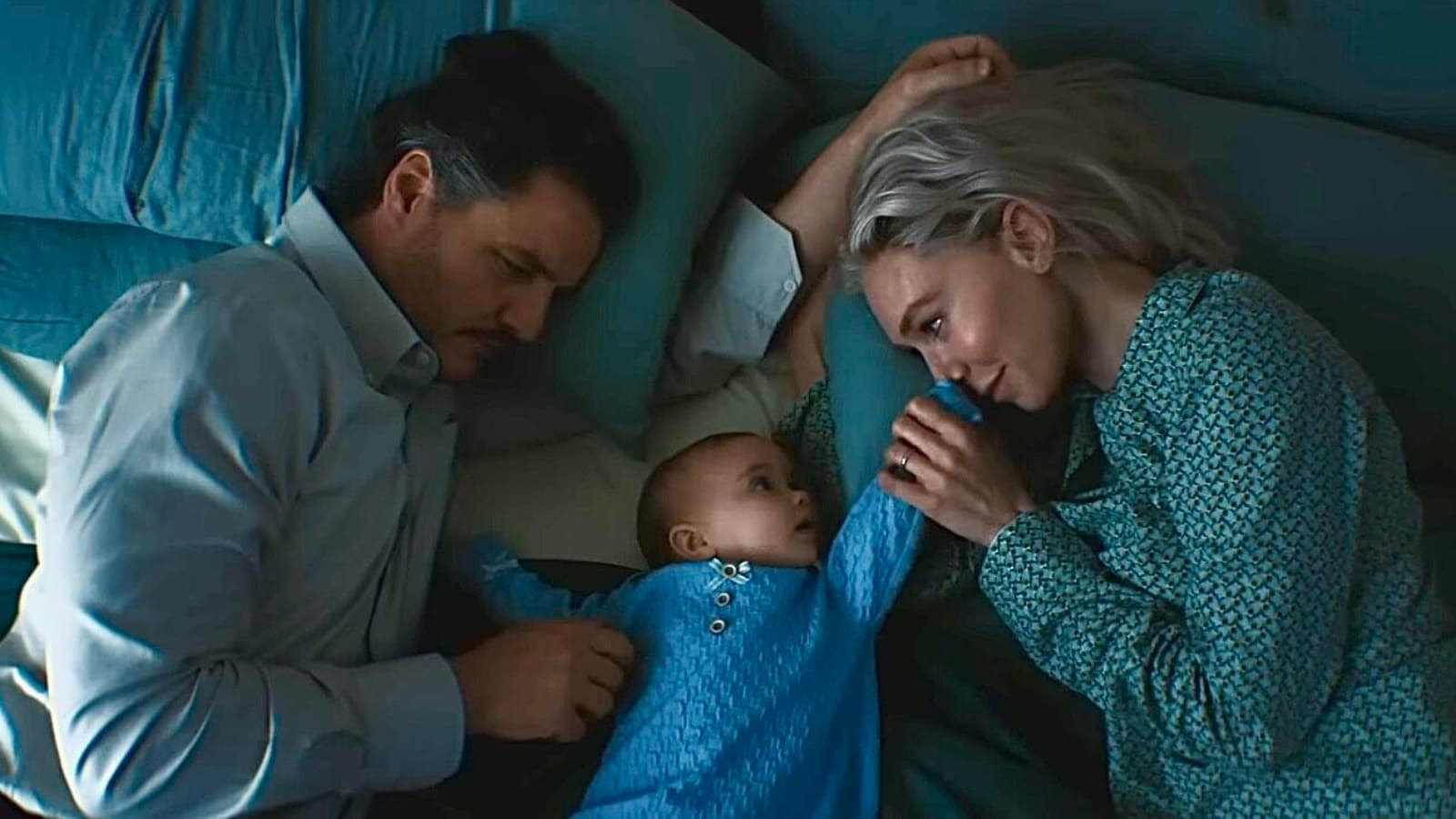Jury reaches partial verdict in Sean 'Diddy' Combs federal sex trafficking and racketeering trial
After intense deliberations in one of the most closely watched celebrity criminal trials in recent memory, the jury in the federal sex trafficking and racketeering case against hip-hop mogul Sean “Diddy” Combs has reached a partial verdict. The 12-member jury, composed of eight men and four women, informed Judge Arun Subramanian late Tuesday afternoon that they have reached a unanimous decision on four out of five federal charges against Combs. However, they remain at an impasse on the most serious charge: racketeering.
Jury in Diddy's federal sex trafficking case delivers partial verdict, remains deadlocked on racketeering.
Bryan Steffy/WireImage
Combs, who has pleaded not guilty, stands accused of orchestrating a sprawling criminal enterprise involving sex trafficking, transportation for prostitution, drug distribution, and other federal crimes. The indictment includes five counts in total, with the racketeering charge encompassing a wide array of alleged illegal activities that federal prosecutors claim were committed either by Combs or under his directive.
According to court proceedings, the jury sent a note to Judge Subramanian around 4 p.m. Tuesday indicating they are divided on the racketeering charge. Jurors described entrenched disagreements, with “unpersuadable opinions on both sides.” Earlier notes had already indicated difficulty interpreting what legally constitutes “drug distribution” under federal law—particularly in cases where the recipient of the illegal substance had requested the drug beforehand.
Judge Subramanian, maintaining judicial neutrality, responded with clear instruction: “I ask at this time that you keep deliberating,” he told the jury, also reiterating part of their original jury instructions: “No juror should surrender his or her conscientious beliefs for the purpose of returning a unanimous verdict.”
The jury’s inability to reach a verdict on the racketeering charge is significant, as it is the linchpin of the federal government’s case. Federal racketeering, under the RICO Act (Racketeer Influenced and Corrupt Organizations), requires proof that the defendant committed at least two predicate acts as part of a broader criminal enterprise. Prosecutors allege that Combs’ so-called “enterprise” included drug trafficking, sexual exploitation, forced labor, bribery, kidnapping, and even arson—all committed to maintain control, silence victims, and profit from an underground network of abuse.
During last week’s closing arguments, Assistant U.S. Attorney Christy Slavik told jurors they must be unanimous in believing that Combs agreed to the commission of at least two acts of racketeering. She pointed to detailed testimony from multiple accusers, including former girlfriends and male sex workers, some of whom testified under pseudonyms to protect their identity. Key among them was Cassandra Ventura—known in court records as “Jane”—who alleged she was trafficked across state lines for commercial sex and was subjected to forced labor within Combs' inner circle.
In response to the stalemate, federal prosecutor Maurene Comey requested that the court consider issuing an Allen Charge—an instruction designed to encourage jurors in a deadlock to reach a verdict. Though controversial and banned in some states, the Allen Charge remains permissible in federal court. Defense attorney Marc Agnifilo did not object but instead emphasized that deliberations had only just begun, saying the jury had been considering the case “for a day and change.”
While the jury quickly came to consensus on four counts—two related to sex trafficking and two related to transportation for purposes of prostitution—Judge Subramanian has ruled that no verdict on those charges will be read until the jury has resolved the racketeering count or declared an irreconcilable deadlock.
Combs, 55, remains incarcerated without bail at the Metropolitan Detention Center in Brooklyn. If convicted on all counts, including the racketeering charge, he faces the possibility of life in federal prison. The fallen hip-hop titan, once lauded as a music industry trailblazer and business mogul, has seen his empire crumble amid a cascade of civil lawsuits, criminal investigations, and explosive media scrutiny.
The jury will resume deliberations Wednesday morning at 9 a.m. ET.










